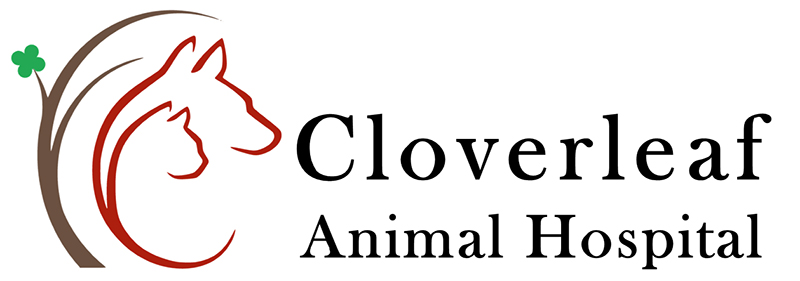Mushroom Poisoning in Dogs: Symptoms, Prevention, and Immediate Actions
You probably watch what your dog eats since you’re a responsible owner. Dogs are naturally curious and frequently explore their surroundings, including the mushrooms. But can dogs safely eat mushrooms? Let’s investigate this fungal subject and learn about the possible dangers of canine mushroom consumption.
The Risk of Mushroom Consumption: Although mushrooms are diverse creatures, a sizable portion can poison humans and canines. It’s crucial to remember that mushrooms are complicated, and even specialists have trouble telling the difference between safe and harmful types. Dogs’ careless eating practices can result in them finding and consuming toxic mushrooms, which can cause several health problems.
Identifying Toxic Mushrooms: Because toxic mushrooms often resemble non-toxic ones, finding them might be difficult. Dogs that consume poisonous mushrooms may experience symptoms from upset stomach to more severe consequences for the liver, kidneys, and neurological system. It’s safest to presume a mushroom is toxic and keep your dog away if unsure about its safety.
Symptoms of Mushroom Poisoning: Depending on the sort of mushroom your dog ate, the symptoms may differ. Dogs who have consumed mushrooms may exhibit symptoms such as unconsciousness, vomiting, diarrhea, tremors, lethargy, and abdominal pain. You must take immediate action if you think your dog may have ingested a hazardous mushroom.
Prevention and Action: Being watchful when taking walks and playing outside is the best defense against mushroom poisoning in dogs. Ensure there are no potentially dangerous mushrooms in your yard or the areas your dog wanders about regularly. If you think your dog has consumed a mushroom, contact your veterinarian immediately. Avoid treating the issue at home, as there may be dire repercussions.
In conclusion, since many mushrooms are toxic and can cause significant health problems, they can harm dogs. Time is of the essence if you fear your pet has eaten mushrooms or other dangerous things. Contact us immediately if you need expert advice and want to ensure your furry friend gets the treatment they need. The greatest ally you have to safeguard the health and welfare of your dog is your veterinarian. Never be afraid to voice your worries or inquire about your pet’s safety and food. Taking the initiative to protect your pet from potential environmental hazards might mean the world to them.

